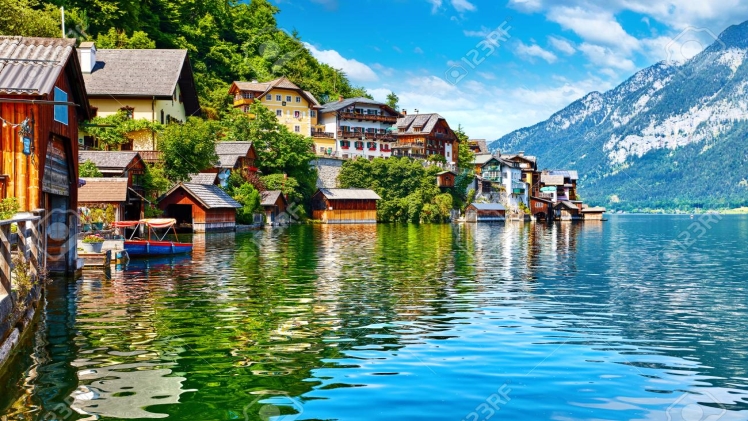TOURISM LANDSCAPES

Places are a major focus of geographic study because they are the focal point of relationships among local residents, outside visitors, economic processes, the physical environment and culture. The visual landscapes of places are readily accessible for anyone to experience. Landscapes have strong representational and symbolic meaning, and they form a veritable stage for play and recreation. Landscapes are often used to promote a destination, through television and print advertisements, and through these media landscape become the first and most basic setting for the tourist experience.
Landscapes are also captured by tourists through photographs that become lasting memories. However, because they are so omnipresent, forming the basis for everyday life, landscapes can be challenging to interpret and understand. Landscapes are often an integral part of the image of a destination. The New York City skyline and Hong Kong ’s harbor are among the more recognized landscape icons. Tourism marketers turn landscapes into representations of destinations.
Tourists use these representations to decide whether or not to visit a place, and then once there, to assess and validate their experiences. At the same time, the destination manages its landscape to meet the needs of both locals (hosts) and visitors (guests). Some elements of the landscape are either transformed or intentionally preserved for the guest, while others are oriented more toward local needs. As tourism and leisure become more pervasive elements in daily life, it is becoming more difficult to separate host and guest landscape elements.
Conclusion
There is no question that the landscapes of tourism in any place will change as tourist markets change, creating new opportunities for entrepreneurs to pursue, and for students of tourism to study. The speed and form of how local communities respond, and how they manage their political-economy and long-term cultural interests, are a major focus of interdisciplinary research on the landscapes of tourism, recreation and leisure.
